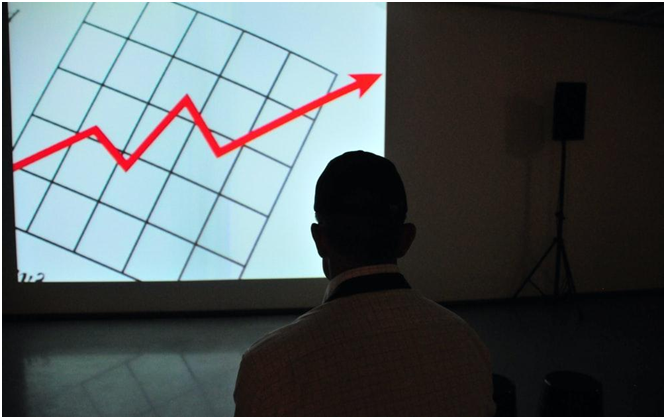Importance of Caveat Emptor When Making a Purchase
Sometimes the buying process can be complicated and prolonged, making it easy for the buyer to get off track. Sometimes you really need to do your homework before you buy. For instance, if you are buying stock, you should look at the stock symbol such as NASDAQ: TSLA to find out the current price and stock forecast. You might need help from an experienced investor. It will help you make important decisions before buying.
If you are looking to buy property, you will need to have a lender pre-approve you, know every expense, work with a realtor, and verify all the listing information. These demands can appear complicated, and sometimes a buyer will be incautious. However, many pitfalls can trap the unwary buyer who fails to inspect the property before buying. Purchasing property is different from buying any other goods and services in the sense that a buyer is not protected from getting refunds.

In real estate transactions, the seller is not obliged to tell every defect in the property and will not be held responsible if you fail to inspect. This means the buyer has to inspect the property before purchasing it. If the buyer fails to inspect the property and signs a contract, the seller will not be liable for any defects discovered afterward. This is the principle of caveat emptor in property transactions.
What is Caveat Emptor?
Caveat Emptor is Latin and it means a buyer assumes the risk in a transaction. The idea behind this principle is that the buyer is responsible for checking the property’s physical condition and any legal issues surrounding the property or its owners. The principle still applies today because a warranty does not protect the buyer, and the seller is not obliged to reveal defects in the property. Hence, you will not be refunded after signing a contract even when the seller fails to disclose defects.
The notion of buyer beware is crucial in property buying to warn the buyer of showing caution before any transactions. People who think of investing, buying a home, or purchasing a car have to check things out first before purchasing. The buyer has to satisfy themselves that there are no defects in the property’s quality after the survey and inspection. Sellers are only obliged to disclose defects on a property as far as the best of their knowledge.
Although the seller is not obliged to explain every defect in the property, they are required to provide honest answers to any buyer questions. Therefore, the buyer must ask them about the house’s condition and be satisfied with it before performing a transaction. If you have any questions about the physical defects in a home, bring them to your seller’s attention. The fact that the seller did not disclose any known defects is not considered any form of misrepresentation. However, the seller will be liable for selling a house considered unfit to settle.
Preparation is Key
Anyone buying a house needs to consider several critical factors because it is their responsibility to find everything about their new home before signing contracts. You have to determine the physical and legal defects or issues with the property to avoid paying extra repair costs. Preparation is essential when performing any of these transactions to avoid getting in trouble. For example, consider factors such as fireplace, electricity, and other services when putting property before signing a contract.
Everyone has priorities when buying a house and should inspect the property to ensure everything is intact. You need to write priorities when purchasing a home to guide you through the process without forgetting some of the features necessary. Some of the important things to inspect when buying a house are the kitchen layout, the number of bathrooms and bedrooms, the house’s location, size of the lot, and the house’s age.
Consult a Solicitor
At the same time, you will need to appoint a solicitor when purchasing property to advise you on the legal pack. The solicitor understands the importance of buying a new home and will investigate the legal title for any charges, defects, and rights. For example, once you have entered into a contract with the seller, you will not get an opportunity to withdraw from the purchase without a costly consequence. Having a solicitor can advise you on the right decisions to take before signing that contract. The solicitor will then direct the legal position when you have made an offer on a property,
The buyer is responsible for investigating a stock or the property they are buying and ensuring everything is correct before making a purchase. This is the principle of caveat emptor that applies when purchasing a property such as houses. As a buyer, ensure you have all the relevant information needed before entering into a legally binding contract to buy a home. The first thing the buyer needs to do is to check for any defects within the property by survey or inspection.
If you do all the research you need to, you will be happy with the results. That stock you studied might make you thousands. That house you thoroughly inspected will be your sanctuary for years to come.




